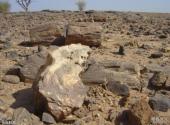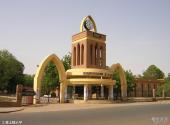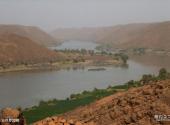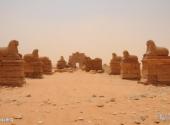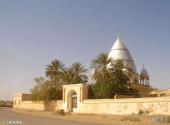
Scenic spot introduction:
Khartoum is the capital of Sudan. It consists of three towns: Khartoum, North Khartoum and Omdurman, which are connected by bridges. The word "Khartoum" means elephant trunk. The Blue and White Nile meet in Khartoum and flow northward, which is quite like an elephant trunk, so Khartoum got its name.Attractions distribution:
Khartoum is the seat of Sudanese government agencies and diplomatic institutions. Sudan's presidential palace, prime minister's office, ministries, courts and other important agencies are all located here. North Khartoum has a long history and was originally a small fishing village. Omdurman is the main civilian living area in Khartoum. Several major free markets are in Omdurman. The market has a strong Arab style. Folk crafts such as ivory, black wood, and crocodile skin reflect Sudan's national art characteristics.Scenic spot features:
Sightseeing, Photography, CityBest time to visit:
The best time to travel is from September to March, when the climate is not so hot and suitable for travel.
Shopping recommendations:
Gold and silver vessels, jade carvings, ivory and bone carvings, porcelain, pottery, lacquerware, enamelware, weavings, tapestries, carpets, sculptures, paintings, folk crafts, precious jewelry, etc.
Scenic spot location:
Africa > Sudan
How to get there:
Khartoum has Sudan's largest airport, Khartoum International Airport, located in the city center.
Chinese tourists fly from Urumqi to Dubai in the United Arab Emirates, then fly to Qatar, and then fly directly from Qatar to Khartoum, the capital of Sudan.
Scenic area map:
Click to expand the scenic area map
Precautions:
Due to the lagging infrastructure construction and congested roads in Sudan, you must be careful and cautious when driving to ensure safety. When traveling to areas outside of Khartoum, the capital of Sudan, you must apply for a travel permit from the Sudanese Ministry of Tourism. Photography is prohibited in most areas of Sudan.

